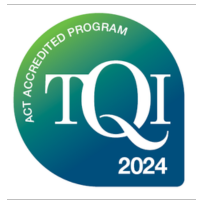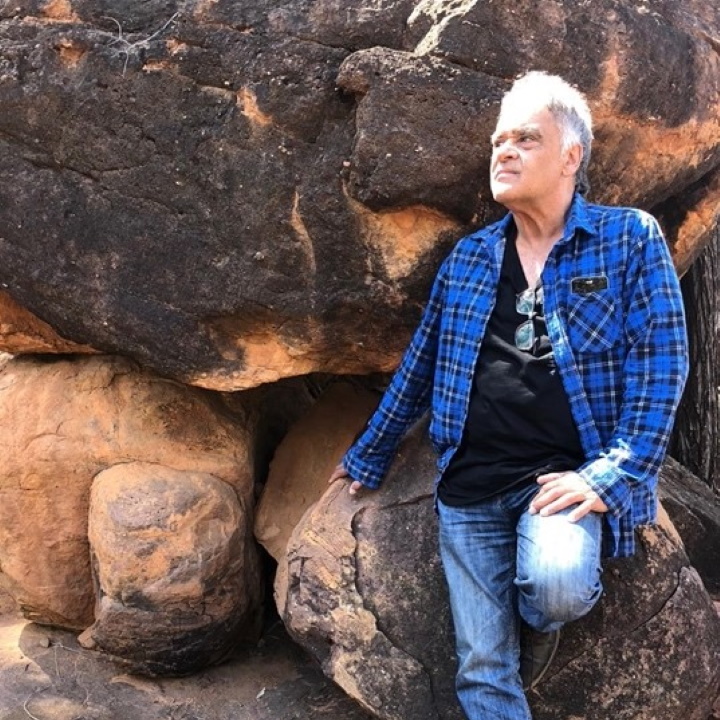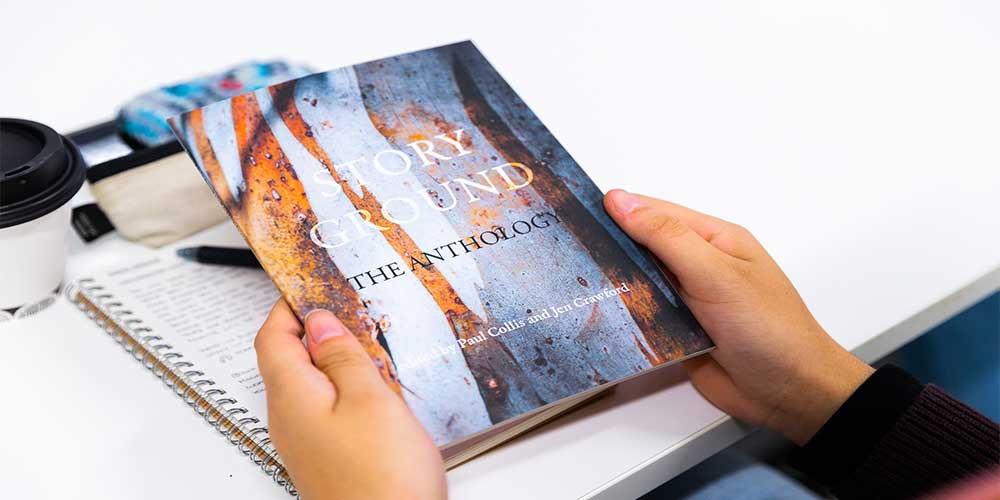Upcoming course information
| Dates | 15 May, 29 May and 12 June |
|---|---|
| Time | 4.00pm - 5.30pm |
| Cost | $88 |
| Delivery | Face to face |
| Commitment | 3 x 1.5 hour workshops |
| Enrolments close | 10 May |
About the course

This TQI-registered professional learning opportunity offers three workshop sessions for teachers that bring together Indigenous Story practices with the disciplines of creative writing and literature.
Story Ground uses storying and writing to provide participants with opportunities to engage with contemporary and traditional Indigenous knowledge, cultural experience and creative practice. Story Ground is based in culturally grounded and culturally responsive pedagogy. The course is designed to help teachers support both student wellbeing and academic growth. It is aligned to the Australian Curriculum Achievement Standards for English, the General Capabilities of Engagement with Aboriginal and Torres Strait Islander Histories and Cultures, and Sustainability.
Through exploring the concept of perspectivism, teachers will be supported to work with Indigenous content in the classroom in a culturally responsive manner. They will experience Indigenous pedagogical practices through the workshops and content, and will be encouraged to embed this at their schools. In the final workshop, teachers will bring an example of their practice to share with others.
Future course offerings
Please select one of the following options
- Term 2: 7 August, 21 August and 4 September
- Term 3: 23 October, 6 November and 20 November
Please note, you need to attend all three nights/modules in the session for course completion.
Career potential
This course will contribute to teachers’ professional development in the areas of cultural awareness and competency. It will help participants develop their readiness to engage in the classroom with Indigenous Australian cultures, traditions and contemporary lived experiences.
Who should apply for this course
Teachers who wish to engage in culturally responsive pedagogical practices that are supportive of Indigenous students and their experiences of education.
Learning outcomes
- Engage with Indigenous ways of knowing through storying and writing.
- Consider key issues related to culturally grounded and culturally responsive pedagogy.
- Develop ways of engaging with Indigenous cultures, traditions and lived experience in teaching practice.
Course presenters
Learn from industry experts

Dr Paul Collis
Dr Paul Collis is a Barkindji traditional owner who lives and works on Ngunnawal Country. He is an experienced senior cultural leader and mentor, and an award-winning creative practitioner and academic. Paul’s published creative work has included the novel Dancing Home (UQP 2017) which won the ACT Book of the Year Award and the David Unaipon Award, and the poetry collection Nightmares Run Like Mercury (Recent Work Press, 2021). He is Director of Indigenous Engagement in the Faculty of Arts and Design, University of Canberra, where he lectures and tutors in Creative Writing and Indigenous Studies.

Ms Andraya Stapp-Gaunt
Andi is the Academy Leader for English, Humanities and Languages at Erindale College. She is also a PhD student in creative writing within the Faculty of Arts and Design at the University of Canberra. Andi’s PhD utilises Indigenous research methodologies to support practice-led research. Andi has worked at the Education Directorate (ED) in a number of roles including as the programs manager for Aboriginal and Torres Strait Islander Education and as a Literacy Advisor at the National Capital Centre for Literacy Research, U-CAN Read program. Andi’s passion is in the alignment of creative and innovative programs that benefit the needs of students. She provides an essential link between the university and schools systems and communities that allows the Story Ground project to extend its work into schools outreach.
Course structure
Module 1
Story, Culture and Relationality
- What is the difference between Welcome to Country and Acknowledgement to Country?
- How can I use Acknowledgement in the classroom?
- What is the role of story in engaging with Indigenous cultures?
Module 2
Culturally Responsive Teaching Practice
-
This session will provide teachers with supportive ideas for working with Indigenous
students through the concept of perspectives. Storying will be explored as sitting at
the heart of identity and as a form of knowledge transmission. Teachers will be
encouraged to participate in storying practices and to take this knowledge back to their
school setting.
Module 3
Embedding Story in the Classroom
-
In the third session teachers will come back, in a Yarning Circle, to discuss and
celebrate the ways in which they have embedded storying practices and perspectivism in
the classroom.

Ready to apply?
Are you ready to take your skills to the next level? Apply today and study your way.
Apply

